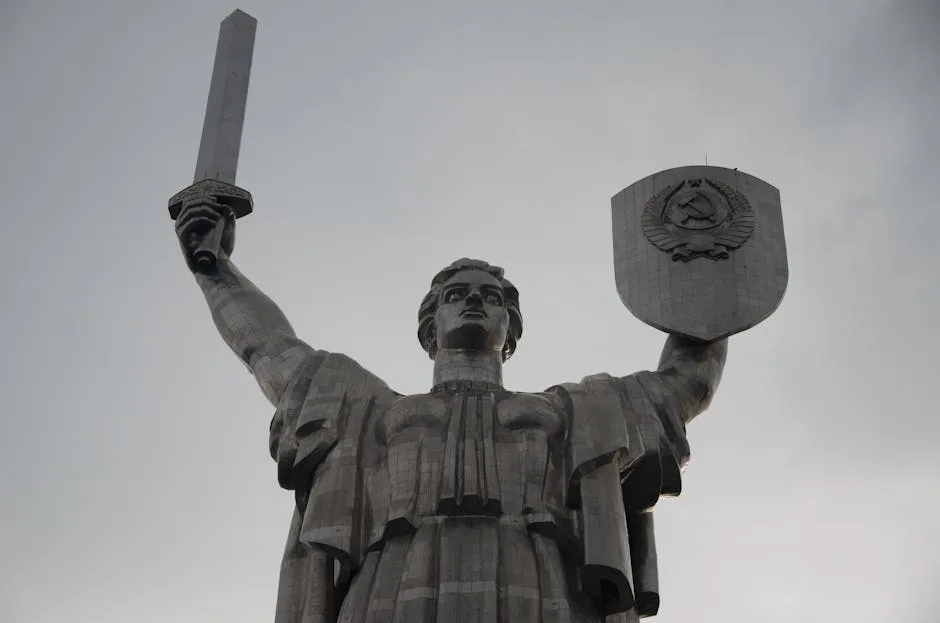
On March 10–11, 2025, X (formerly Twitter) experienced widespread outages, with over 40,000 user reports logged on Downdetector. Users encountered failed posts, profile loading errors, and app crashes. Elon Musk, CEO of X, claimed the platform was under a “massive cyberattack” orchestrated by a “large, coordinated group and/or a country.” In a Fox Business interview, Musk suggested IP addresses traced to “the Ukraine area,” though he provided no technical evidence1, 2.
Technical Details of the Attack
The attack was confirmed as a distributed denial-of-service (DDoS) incident, overwhelming X’s servers with traffic. Cybersecurity experts, including Ciaran Martin, former UK National Cybersecurity Centre head, dismissed Musk’s attribution as speculative, noting DDoS attacks typically leverage global botnets3. Dark Storm, a pro-Palestinian hacker group, claimed responsibility via Telegram, sharing screenshots of the outages. However, Check Point Research noted their proof lacked clear motives or technical specifics4.
Geopolitical Context and Reactions
Musk’s allegations escalated tensions with Ukraine, particularly over Starlink’s role in the conflict. He tweeted, “Without Starlink, Ukraine’s front lines would collapse,” drawing criticism from Polish Digitization Minister Radosław Sikorski, who accused Musk of “threatening the victim of aggression.” Musk responded dismissively, further straining relations5. The EU explored alternatives to Starlink, while U.S. Secretary of State Marco Rubio defended Musk, stating Ukraine “should say thank you” for the service6.
Relevance to Security Professionals
For security teams, the incident highlights the challenges of attributing DDoS attacks and the risks of conflating technical data with geopolitical narratives. Key takeaways include:
- Attribution Complexity: IP geolocation is unreliable for DDoS attribution due to spoofing and botnets.
- Threat Intelligence Gaps: Dark Storm’s unverified claims underscore the need for corroborated evidence.
- Policy Implications: Musk’s statements may influence threat modeling for critical infrastructure providers.
Conclusion
The X outages underscore the intersection of cybersecurity and geopolitics. While Musk’s claims remain unverified, the incident serves as a case study in the pitfalls of rapid attribution and the politicization of cyber incidents. Security teams should prioritize evidence-based analysis and cross-validate claims before drawing conclusions.
References
- “Elon Musk claims Ukraine-linked cyberattack on X draws criticism,” Politico, Mar. 2025. [Online]. Available: https://www.politico.eu/article/elon-musk-claim-ukraine-linked-cyberattack-x-draws-criticism/
- “Elon Musk blames X outages on massive cyberattack,” Ars Technica, Mar. 2025. [Online]. Available: https://arstechnica.com/tech-policy/2025/03/elon-musk-blames-x-outages-on-massive-cyberattack/
- “Elon Musk claims X hit by massive cyberattack,” DW, Mar. 2025. [Online]. Available: https://www.dw.com/en/elon-musk-claims-x-hit-by-massive-cyberattack/a-71883393
- “Dark Storm claims responsibility for attack on Elon Musk’s X,” Cyber Magazine, Mar. 2025. [Online]. Available: https://cybermagazine.com/articles/dark-storm-claims-responsibility-for-attack-on-elon-musks-x
- “Elon Musk threatens to cut Starlink service to Ukraine,” Express, Apr. 2025. [Online]. Available: https://www.express.co.uk/latest/ukraine
- “EU accelerates satellite plan to replace Starlink,” Express, Apr. 2025. [Online]. Available: https://www.express.co.uk/latest/ukraine





